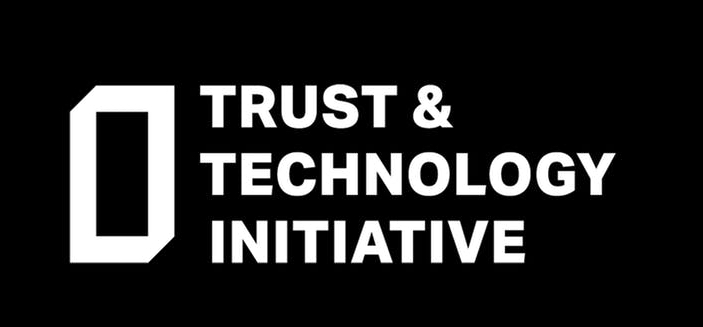Handmaidens of disinformation
In ‘La biblioteca de Babel’, Jorge Luis Borges describes a menagerie of human beings who navigate the vast reaches of an infinite and eternal library: pilgrims, infidels, ‘searchers’, ‘purifiers’. Many kiss the pages of its volumes in awed reverence; some scramble through its hexagonal galleries in a hunt for revelations and prophecies. Others, consumed by the promise of total knowledge, go mad.
What Borges did not imagine in his famous short story is a sect to rival all others, one that would respond to the rampant ubiquity of texts and accessibility of knowledge by using technology to turn inward and embrace a gratifying ‘me now’ solipsism: ‘meformers’. Mor Naaman, Jeffrey Boase, and Chih-Hui Lai of Rutgers University introduced this neologism over a decade ago to characterise the majority of Twitter users, who, in their analysis, privilege less information than ‘meformation’, posts about themselves and their feelings and beliefs.
The sound of Borges’s ‘feverish’ library is the roar on the other side of a Google search box today. It can have us grasping for intellectual handles and footholds. At times it causes us to recoil from the exhausting complexity of the world to the comfort of our gut and intuition and to the acceptance of our tribe and circle of ‘trust’. On social networks like Twitter and Facebook, we are invited to seek solace by generating ‘meformation’ – today the key commodity of what Shoshana Zuboff calls ‘surveillance capitalism’ – and by circulating posts and narratives and ideas that confirm our biases instead of exercising the muscles of our reason.
These digital technologies, which accelerate and proliferate information and harvest meformation, are enthusiastic handmaidens of disinformation. Our Disinformation and Media Literacy Special Interest Group (DML SIG) within the Trust and Technology SRI has sought to mobilise insights from social psychology and the humanities in the fight against disinformation, which we understand as a deliberate attempt to deceive and, in deceiving, to gratify. Disinformation spreads because its frequent sensationalism can captivate, shock, amuse, and entertain. In a world whose boundless diversity is seemingly more evident than ever, disinformation can feed our sense of exception and envelop us in new feelings of belonging.
As our innovative partners at the Dutch team DROG frequently remind us, we cannot fact-check our way out of such a problem. Our DML SIG has accordingly aimed to fight fire with fire – to promote entertaining, even fun interventions against disinformation, from cultural activities and artistic events to free online games. The work of Jon Roozenbeek and Sander van der Linden has showcased the efficacy of such play in ‘pre-bunking’ disinformation and ‘inoculating’ players against its spread. We have also worked to advance translations of these interventions and tools across languages, from Arabic to Ukrainian, and to champion the idea of digital media literacy as a lifelong project and pursuit, as important and urgent to older users as it is to children in school. Behind all of these efforts is a conviction that the humanities have a pivotal role to play in an interdisciplinary campaign to rethink our digital future(s). Culture mediates our relationships of trust and our relationships with technology. And much like Borges’s library, it helps us envision alternatives of the present with warnings for the future.

